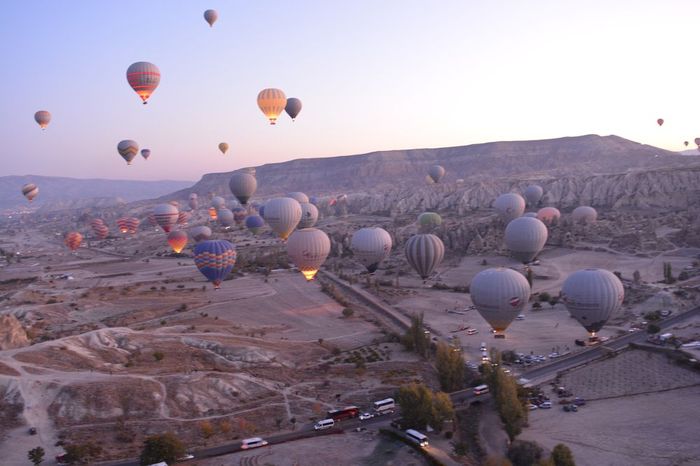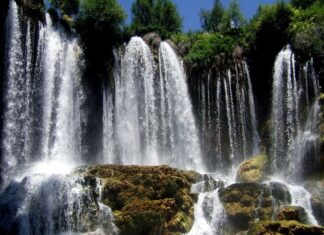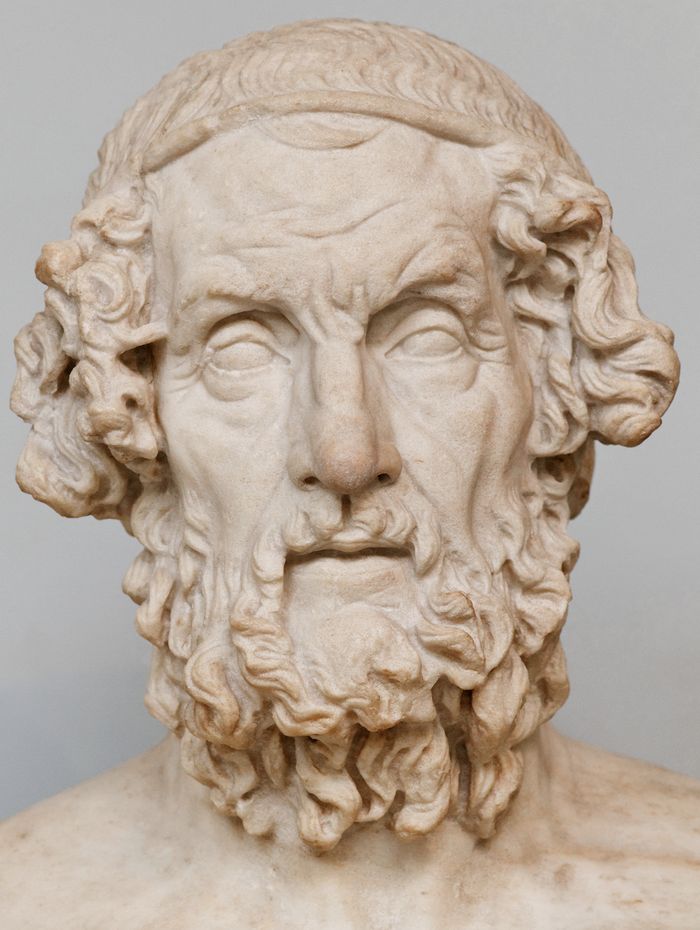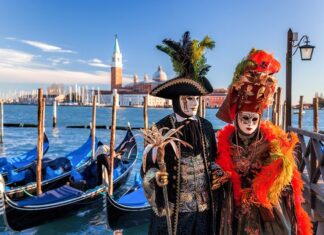The Snow Storm – Russia
Russia produced a literature of its own some centuries before the Nineteenth, but it was not a consistently characteristic product like that, for instance, of France or England. It is convenient, and not inaccurate, to name Gogol the father of modern Russian fiction, and since it is in fiction that the Russians are preeminent, Gogol may stand as a symbol of the beginnings. Pushkin, on the other hand, was a cosmopolitan of the Romantic school of Byron and Scott and Schiller. But one of his stories is included in this collection for its intrinsic merit, ‘ as well as to show the kind of tale that was widely popular throughout Europe at the time.
“We are all,” said Dostoievsky, “descended from Gogol’s Cloak.” That story, too long for reprinting in a volume of this kind, was indeed a milestone. Gogol was essentially Russian, and in his best work he strikes for the first time “that truly Russian note of deep sympathy with the disinherited.” (Thomas Seltzer.)
The Snow Storm – And the note struck by Gogol is sounded again and again by later writers, from Dostoievsky to Gorky. The political conditions of Russia have from the very first been a determining factor in nearly every product of her literature. Even the greatest literary artists, like Turgenev and Chekhov, were unable or unwilling to write novels and stories simply as revelations of life or as a pastime for their readers: they sought, directly or indirectly, to better conditions as they saw them, to evoke pity for the downtrodden, to understand the ways of God and the meaning of life.
It is fortunate, and rather remarkable, that although the great story writers of the Nineteenth Century were constantly seeking to remedy the evils of their generation, they were at the same time artists who rarely sacrificed their art for ulterior motives. Tolstoy, the outstanding example of the preacher, was never able to forget that he was an artist.







